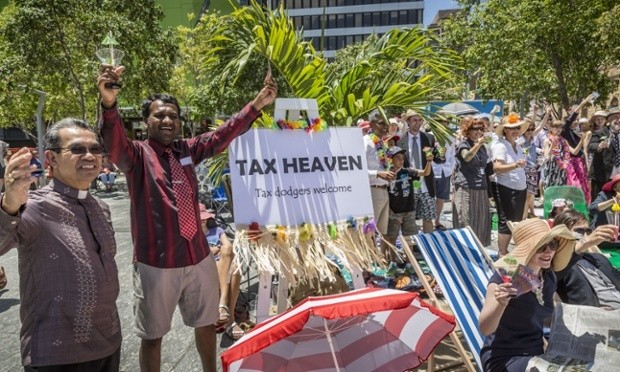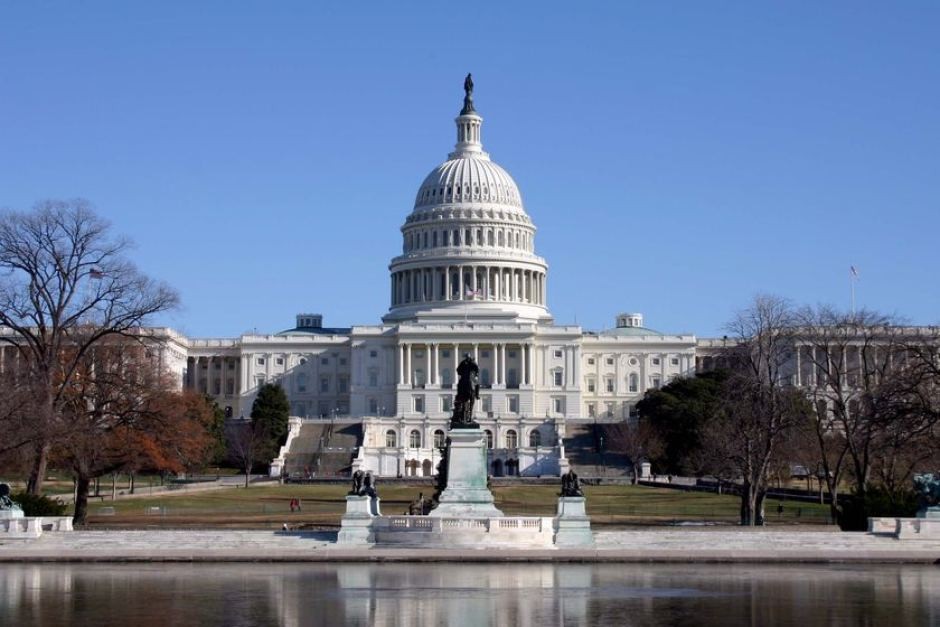Tax Havens at the G20 Summit
Post on: 22 Декабрь, 2015 No Comment

Tax Havens at the G20 Summit
Tax havens can expect to hear a lot more than the Stop Tax Havens Abuse Act in the upcoming G20 summit scheduled for April 2, 2009, especially with the world in economic recession demanding for decisions to be taken in order to provide quick solutions. Internally, for London the summit has its own political significance as opinion polls show that the Labour Government is trailing behind and a successful summit could bring quite a few important political benefits for Prime Minister Gordon Brown.
There is quite a bit of speculation regarding the turn out of the summit and the direction that talks will take, especially given the differences that exist on how the recession should be dealt with, revealing a possible split between US recession policies and those of Europe. For example, German chancellor, Angela Merkel recently stated that, It is not time to look at more growth measures. I disagree with this idea completely. The existing measures must work., whilst President Obama is dishing out several trillions in stimulus and bailout packages, and believes G20 leaders should take bold, comprehensive and coordinated action that not only jump-starts recovery, but also launches a new era of economic engagement to prevent crisis like this from ever happening again, as was stated in a recent newspaper article.
Hence, G20 leaders are generally expected to focus on topics where there are fewer disagreements, such as reforming the international financial system; one area which heavily points at tax havens and international tax reform.
The recession is what makes this summit of great significance and the decisions and measures that may be agreed upon may decide the action that tax havens will take to defend their international financial sectors and policies on banking secrecy; although sadly many G20 countries refuse to identify and acknowledge themselves as offshore financial centres and tax havens.
Meanwhile, a day before the G20 summit, that is April 1st, Liechtenstein, one of the worlds major tax havens, will commence formal talks with Britain with regard to exchanging information abut tax evaders in a motion to promote tax cooperation talks. Earlier in March, Liechtenstein announced its willingness to adopt international standards on cross-border tax cooperation in an effort to do away with the label it adopted over time as a tax haven where overseas residents can hide money.
Among the discussions expected to be held at the G20 summit, economic sanctions to threaten tax havens that refuse to cooperate with the OECD, already that France and Germany asked the OECD to write up a list of secretive tax havens, are up for discussion at the summit. In a statement made by Paul Myers, U.K. Financial Services Secretary to the treasury, the Group of 20 industrial and developing economies is expected to decide what sanctions should be placed on tax havens that do not abide by transparency standards. The G-20 summit is thus expected to renounce tax havens and require them to comply with the OECDs rules (as has been done before in the past).
The IMF may also be called in to play a greater role in the global financial system through new regulatory oversight functions, and this may be expanded to include hedge funds, private equity and quasi banks which are all part of the US and UK financial system.
However, in the interim, G20 countries are expressing their commitment to provide assistance to developing countries that are vulnerable to the slow down in trade, external demand, capital flow and commodity prices, by pledging to augment the IMFs resources in order to expand the organisations lending capacity.
Some may critic these plans as preparing developing countries, especially tax havens, for the expected economic loss that they will be facing when they are threatened by the new OECD rules and anti tax haven measures. Traditionally, the IMF has not been seen as working in the best interests of developing and poor countries due to the fact that its policies do not necessarily reflect the best interests of those countries which are often subdued to crippling pay back schemes and hence constant and widening deficits.
In 2002, Nobel economics prize winner, Tim Sebastian criticized the IMF, which normally provides short term assistance to poorer countries as being a failure. In an article published by BBC HARDtalk, Sebastian explained that the restriction imposed by the IMF such as high interest rates and low spending often worsened the situation. He continued that, They are well intentioned but in fact they failed and the price of the failure was borne disproportionately by the poor. The evidence is the IMF messed up time after time after time.
Sebastian also added that, They approach the issue from a particular mindset. They reflect the interest and ideology of the financial market, and the Washington consensus. Organizations staffed with people who have interests which overlap with Wall Street institutions are less likely to come up with policies which help the poor countries of the world.
On the other side of the hemisphere, in a meeting with members of the Antiguan financial services groups, head of international bans based in Antigua, accountants, trust companies, investment managers, accountant and advisors, New York attorney, Kenneth Rubinstein, came to the defense of tax havens, Antigua and Barbuda to be specific, to help find a way to repair the islands image before the coming storm of anti-tax haven abuse legislation.
This meeting was urgently called in light of negative publicity that the tax haven got as a result of the investigation that was being carried out by the US Securities and Exchange Commission (SEC) into business dealings of Sir R. Allen Stanford, Antiguas largest private investor.
In counteracting the potential damage to Antigua, one of the points brought out by Rubinstein was the importance of educating the world with regard to Antiguas new legislative advantages as an offshore centre. Rubinstein also noted the need to undo the damage done to Antiguas image as a tax haven and clarify the island position in light of the US and European anti-tax haven initiatives that are taking place.
In anticipation of severe anti-tax haven measures, tax havens such as Liechtenstein, Jersey and Gibraltar have begun to sign information exchange agreements and talks on tax co-operation in light of the economic difficulties countries are being faced with due to the economic meltdown. For these tax havens, though losses are anticipated, protecting the countrys image as a safe, regulated and compliant tax haven and offshore financial centre is priority. In the Caribbean region, tax havens are also revising their respective offshore and financial regulatory laws to ensure that they are compliant with international policy and cannot be charged guilty of promoting tax evasion and other financial crimes.

In reference to Antigua and Barbuda as a tax haven, Rubinstein also indicated that the island needed to highlight its existing laws which were drafted to ensure that the offshore financial industry operated on a tax-compliant basis, as most tax havens have begun to.
To round up, despite the summits, anti-tax bills and growing fear for tax havens, Rubinsteins closing comments very much summarize the importance of tax havens and offshore financial centres. He states:
People will always need a safe place to put their money, to put their assets, that is removed from the jurisdiction of their home country in civil controversies.
There will always be a certain number of people who feel that it is good financial planning to take a certain amount of assets and keep them in a different country with a different economy.
There is decreased consumer confidence in the stability of US markets.
I know many people today, who are taking assets out of the US not because of any fear of lawsuits but because of their fears of the collapse of the US economic system, collapse of the banking system and they want to have a nest-egg someplace else that is safe.
Europe is just as bad, Asia is getting there. But you know what? An island with a stable economy that is not exposed to the sub-prime mortgage catastrophe or the credit default swap catastrophe might be a very good place to put your money.
When clients call me and ask Are Antigua banks safe today?, my response is generally, A helluva a lot safer than the banks in New York.














